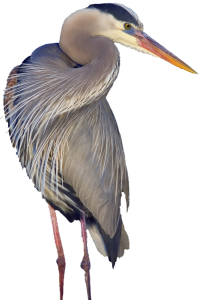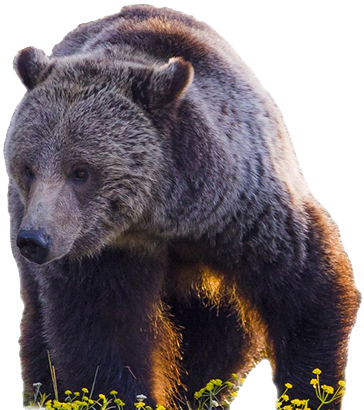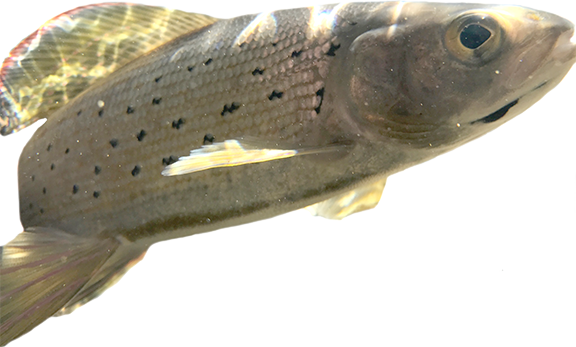Description
Project summary: Project title, project summary statement, and project urgency
Project details: Species that will benefit, detailed project description
Applicant information
Applicant information: Organization, project contact, signing authority, collaborators, project supporters, and project volunteers
Project information
Project location information: Map, location description, project coordinates (latitude and longitude)
Alignment with action plan(s): Primary action plan, sub objective, action type, alignment with priority action and intended outcome(s), and optional alignment with secondary action plan
Single or multi-year project: Project duration, provide overview of project achievements and challenges for ongoing multi-year projects
Project phases: Start-up, fieldwork, data entry and analysis, community engagement (i.e., define how you plan to share your project results and involve others in your proposed project), draft reporting, and final reporting
Benefits: Benefits to fish and/or wildlife
Ongoing maintenance: Is ongoing maintenance required to sustain benefits?
Effectiveness monitoring: Do you have an effectiveness monitoring plan if your project involves restoration/enhancement?
Community engagement: What are your plans to share results and engage with First Nations, stakeholders, and others?
Permits and approval: BC Hydro-owned lands, proximity to BC Hydro facility, landowners, required permits, and approvals
Funding: Is this a resubmission of a previously “not approved” application?
Project budget
Budget:
• Labour expenses, materials, equipment, transportation, and field expenses
• Project administration costs
• GST section
• Additional revenue (i.e., other funding sources, in-kind and volunteer contributions)
More details are available in our regional guidance for grant applicants.
Proposals
A six-page (maximum) project proposal is required for all annual grant applications only.
Letters of support
Include mandatory letters of support for your project in our Coastal Region. Letters of support for your project are optional in our Columbia and Peace Regions, but they can be used to strengthen your grant application. If you choose to submit letters of support along with your grant application, please ensure the letter author(s) clearly indicate their support for your proposed project and specify their involvement (i.e., actively involved, engaged in project planning and/or delivery, providing in-kind and/or cash support, or supporting the project in principle). A letter of support should come from an organization, First Nation, or government agency, and it should demonstrate how the support is relevant to your project.
Experience
Project contact experience: It is mandatory to include the experience and credentials of the project contact. We encourage you to provide the credentials and experience of key team members so we can properly evaluate your grant application. Please note if your proposed project activities involve ‘reserved practice’ according to the Professional Governance Act make sure you have team members with the appropriate credentials to perform or oversee the work.








